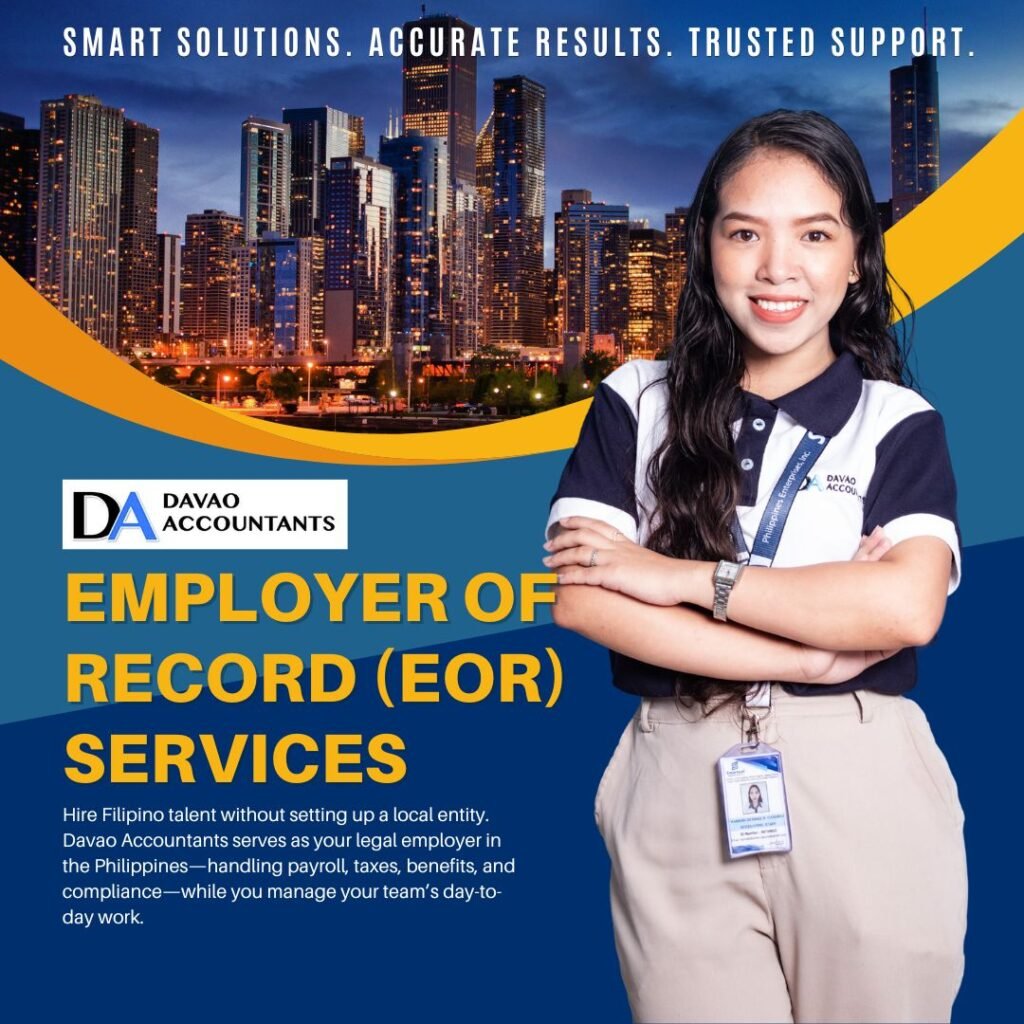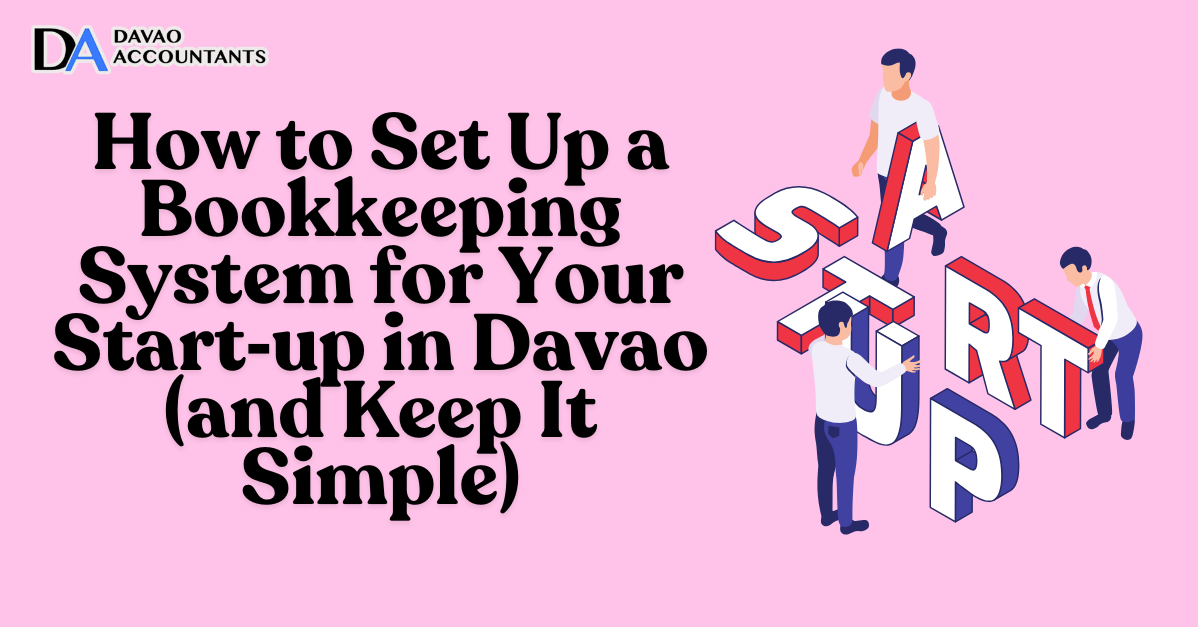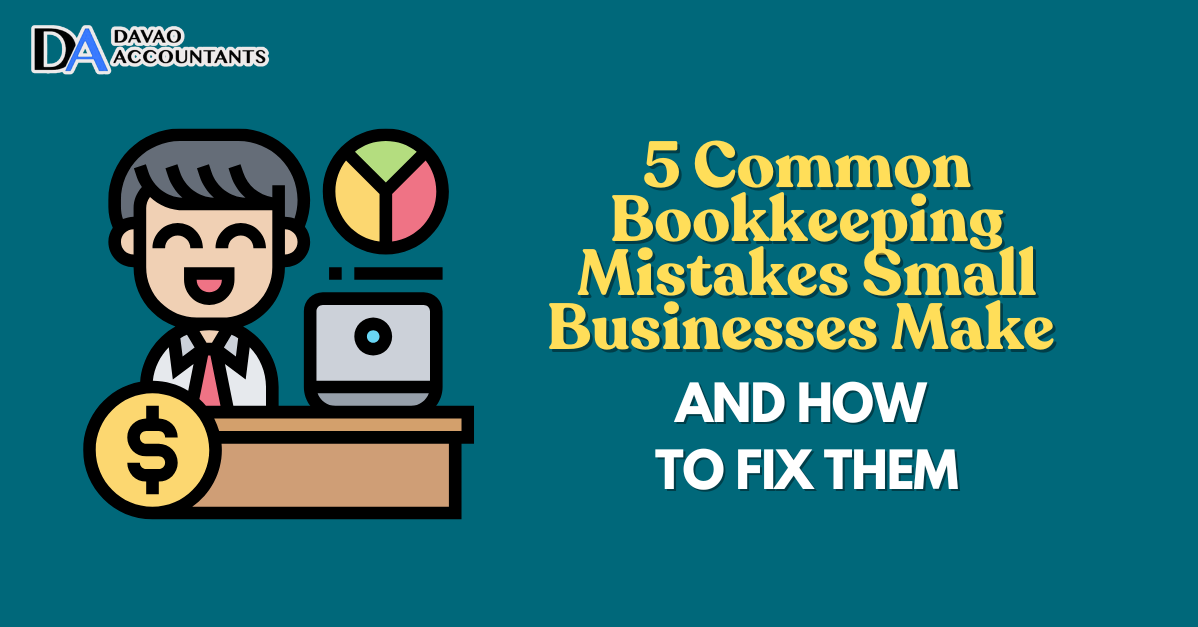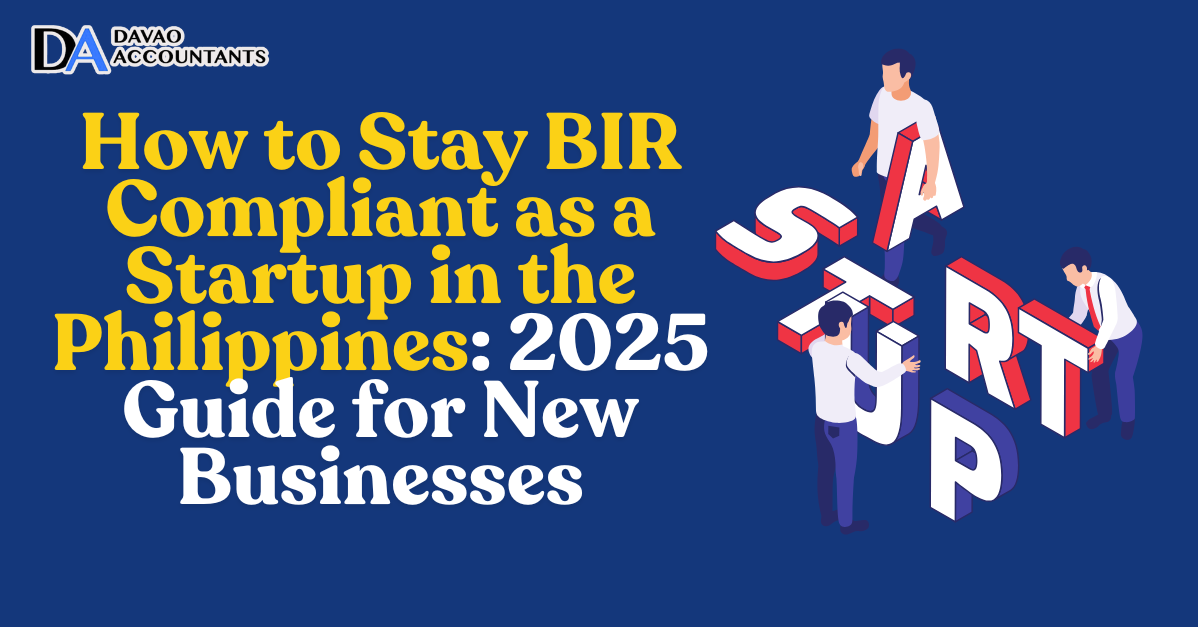In the early stages of building a company, every peso, dollar, or pound counts. Startups often operate under tight budgets, lean teams, and evolving business models.
Yet, even with limited resources, financial clarity and compliance must never be compromised. This is why having the right accounting support from day one is crucial.
Enter the power duo: QuickBooks + Employer of Record (EOR). Together, they offer a scalable, cost-effective accounting solution tailored for startups and growing businesses.
The synergy between QuickBooks and an EOR is particularly beneficial for startups looking to navigate the complexities of financial management while also scaling their operations effectively.
With QuickBooks, businesses gain access to a user-friendly accounting platform that automates various financial tasks, including tracking expenses, generating financial reports, and invoicing clients.
This automation not only saves time but also reduces the likelihood of human error in handling numbers, a critical factor when every financial decision counts. Moreover, QuickBooks provides real-time insights into financial health, enabling startups to make informed decisions promptly.
On the other hand, employing an EOR offers startups the ability to hire skilled accounting professionals without the burdensome overhead of traditional hiring practices.
An EOR manages all aspects of employment, including payroll, taxes, and compliance with labor laws, which can be particularly daunting for young companies operating in diverse regulatory environments.
By leveraging the EOR model, startups can tap into a global talent pool, particularly in regions like Davao, where skilled accountants can provide quality services at competitive rates.
This approach not only enhances operational efficiency but also drives sustainable growth by allowing founders to focus on scaling their core business rather than getting bogged down by administrative tasks.
In this article, we’ll further explore the financial challenges startups face, how QuickBooks solves them, and why hiring offshore accounting staff through an EOR model—especially with Davao Accountants—is the most brilliant move for sustainable growth.
Table of Contents
ToggleThe Financial Hurdles Startups Commonly Face
Many startups fail not because of bad ideas, but because of poor financial management. Here are some of the most common pain points early-stage businesses encounter:
1. Limited Budget for Full-Time Hires
Hiring an in-house accountant or CFO is expensive. Salaries, benefits, and compliance costs can quickly eat into your runway.
2. Lack of Accounting Expertise
Founders are often product or marketing experts, not accountants. DIY bookkeeping often leads to errors, tax issues, or poor decision-making due to inaccurate data.
3. No Financial Systems in Place
Many startups begin with spreadsheets or entry-level software with limited automation, which becomes inefficient as the business scales.
4. Regulatory Compliance Risks
Failure to track taxes, payroll, and proper documentation can lead to penalties or problems during fundraising or due diligence.
5. Cash Flow Mismanagement
Without up-to-date financial reports, many startups don’t realize they’re burning too fast—until it’s too late.
QuickBooks: The Simplest Way to Get Financially Organized
Startups need an accounting tool that grows with them. QuickBooks is the ideal fit—offering robust features, ease of use, and affordability.
Here’s how QuickBooks helps startups manage their finances more effectively:
User-Friendly Dashboard
Founders and team members with no accounting background can navigate QuickBooks easily, view cash flow, and track performance.
Real-Time Financial Visibility
Get up-to-date profit and loss statements, balance sheets, and cash flow summaries in just a few clicks.
Automated Bookkeeping
Automate bank feeds, transaction categorization, invoicing, and bill payments—saving time and reducing errors.
Tax and Compliance Tools
Track sales tax, generate VAT/GST reports, and simplify year-end tax filing.
Scalable Plans and Integrations
Whether you’re a solopreneur or a team of 20, QuickBooks offers affordable plans and connects with tools like Shopify, Stripe, Gusto, and more.
QuickBooks provides startups with structure and visibility, which are crucial when applying for funding, managing growth, and making informed strategic decisions.
Why Hiring Local Talent Isn’t Always the Best Option for Startups
While hiring a local in-house accountant might feel secure, it comes with challenges that most startups can’t afford:
High Overhead
Salaries, office space, equipment, government contributions, and HR management all contribute to your monthly expenses.
Difficult to Find the Right Fit
Hiring for a startup requires a special profile—someone who is flexible, tech-savvy, and aware of the startup environment. These professionals are rare and expensive.
Slow Hiring Process
Traditional recruitment takes weeks or months. Startups often need help yesterday.
Lack of Flexibility
You may not need full-time help every day. Hiring a full-time local employee for part-time work is an inefficient use of resources.
These constraints drive many startups to look offshore, where they can find the right skills at the right price.

The EOR Model: A Risk-Free Way to Build an Overseas Accounting Team
Offshoring isn’t new, but startups must do it right. Many founders are hesitant to hire foreign freelancers due to concerns regarding legal, HR, and tax matters. That’s where the Employer of Record (EOR) model shines.
What is an EOR?
An Employer of Record is a third-party company that legally employs your offshore talent. The employee works for your business, but the EOR handles:
- Employment contracts
- Payroll
- Tax compliance
- Government remittances
- Benefits
- Labor law adherence
This allows you to hire full-time offshore talent legally, without the need to set up a local company in the foreign country.
Why EOR + QuickBooks is Ideal for Startups
- Cost-effective access to skilled accounting staff
- No need to manage complex foreign labor regulations
- Fully compliant with local laws and tax rules
- Faster onboarding with reduced legal exposure
- Build a remote team that feels like an extension of your business
With an EOR, startups can scale up their accounting function safely, quickly, and affordably.
Why Choose Davao Accountants as Your QuickBooks EOR Partner
Davao Accountants is a full-service accounting and outsourcing firm based in the Philippines. We specialize in helping startups and growing businesses hire QuickBooks-trained accountants and bookkeepers through our EOR solution.
What Makes Us Different?
QuickBooks-Focused Talent Pool
We maintain a vetted network of QuickBooks ProAdvisor-certified bookkeepers and accountants, all of whom are experienced in serving international clients across various industries.
Full EOR Compliance and Infrastructure
We act as the legal employer in the Philippines, handling payroll, tax filings, benefits, and compliance, so you can focus on growth.
Startup-Centric Flexibility
Need a part-time bookkeeper? A full-time remote accountant? We tailor our EOR services to fit your budget, stage, and specific needs.
Ongoing Support and Quality Control
We don’t stop at recruitment. Our team monitors performance, provides technical support, and ensures your offshore talent is productive and aligned with your goals.
Seamless Communication
Our team speaks fluent English, uses modern communication tools, and works in compatible time zones.
Who Should Hire QuickBooks Accountants via EOR?
If you’re wondering whether this solution is for you, here are some ideal profiles that benefit from our QuickBooks + EOR model:
1. Pre-Seed or Seed-Stage Startups
Founders who are juggling multiple hats need accurate books for investor reporting or grant applications.
2. Bootstrapped Entrepreneurs
Business owners who want professional accounting support without hiring an expensive in-house accountant.
3. SaaS and E-Commerce Startups
Online businesses with recurring revenue and multi-currency transactions require precise financial tracking.
4. SMEs Expanding Internationally
Businesses entering new markets require scalable accounting support to manage the increasing complexity.
5. Agencies and Freelancers
Creative and digital agencies that want to focus on client work while outsourcing their bookkeeping to QuickBooks-trained staff.
Scaling Your Startup? Let’s Build Your Offshore Accounting Team
If you’re ready to build a lean, scalable, and compliant finance function, it’s time to explore the QuickBooks + EOR solution with Davao Accountants.
Here’s what we offer:
- QuickBooks-certified bookkeepers and accountants
- Full legal employment through our Philippine EOR
- Customized plans based on your budget and business size
- Dedicated support to ensure performance and alignment
Request a free consultation to learn how we can help you scale smarter, not harder.
Contact Us or email support@davaoaccountants.com
Final Thoughts
Startups don’t need to do everything in-house, especially when it comes to accounting. The QuickBooks + EOR approach lets you:
- Get world-class financial talent at startup-friendly costs
- Stay compliant with local laws
- Avoid the burden of entity setup and payroll headaches
- Focus on product, growth, and customers
At Davao Accountants, we make it easy for startups to thrive financially without overspending on overhead. Let’s talk about how we can support your journey from zero to sustainable growth.











